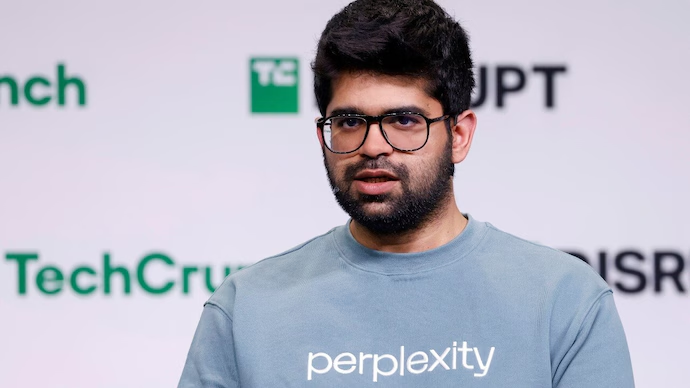Now Reading: OpenAI Sets Its Sights on India: More Products, Lower Prices, Wider Reach
-
01
OpenAI Sets Its Sights on India: More Products, Lower Prices, Wider Reach
OpenAI Sets Its Sights on India: More Products, Lower Prices, Wider Reach

India is quickly becoming a top priority for OpenAI. CEO Sam Altman has confirmed plans to expand product offerings in the country and make them more affordable. With India already the company’s second-largest user base, this move could mark a turning point not just for metro users but for Tier 2 cities and smaller towns as well.
India’s Growing Role in the AI Market
Sam Altman acknowledged India’s rapid rise in AI adoption and hinted that it may soon overtake the US as OpenAI’s biggest market. The demand is not just coming from tech companies in big cities—students, startups, educators, and small businesses across the country are embracing tools like ChatGPT in their daily routines. OpenAI sees this growth as more than a trend—it’s a signal of deeper digital transformation.
Focus on Affordability and Local Use Cases
To truly serve India’s diverse user base, OpenAI plans to work with local partners and adjust pricing to suit the Indian economy. The goal is to create affordable AI tools that don’t compromise on capability. Altman emphasized that accessibility is key if AI is to reach its full potential in regions where cost remains a major barrier.
Opportunities for Tier 2 Cities
This shift isn’t just about elite institutions or tech hubs. In Tier 2 cities like Bhopal, Nagpur, and Surat, OpenAI’s expansion could empower small businesses, improve education quality, and support local governance with smarter tools. More affordable AI could mean better decision-making, streamlined operations, and wider skill development across India’s heartland.
Challenges That Remain
While the intent is clear, implementation won’t be easy. Regulatory uncertainty, infrastructure limitations, and the need for local language support are all issues OpenAI must address. There’s also the challenge of ensuring that AI tools align with data privacy laws and digital ethics standards as India crafts its own AI policy framework.
Conclusion
OpenAI’s India focus reflects a broader vision—making powerful technology genuinely accessible. With affordability, local relevance, and strong partnerships, India could become not just a major market but a global example of how AI can drive inclusive progress.

























